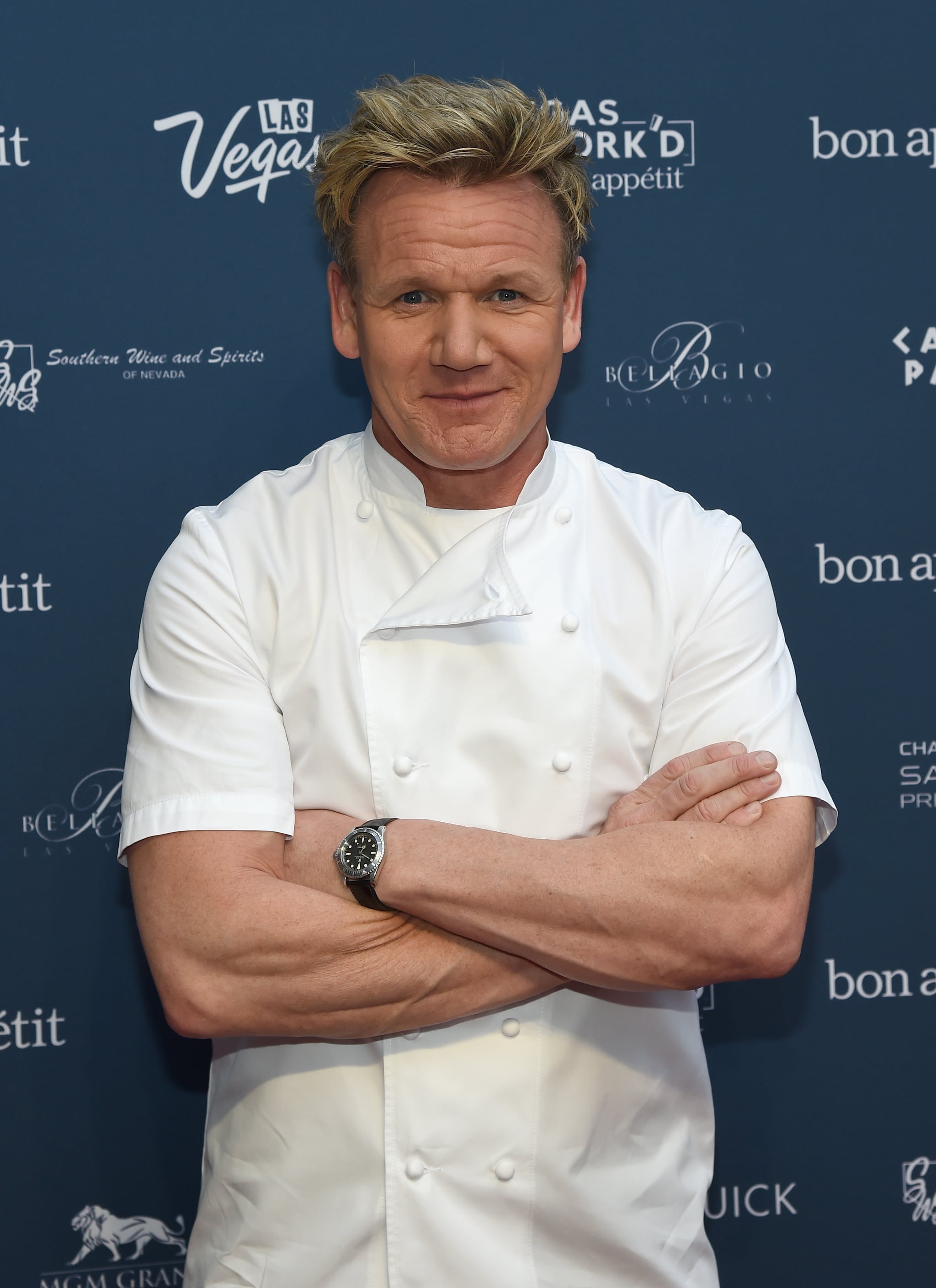How did Gordon Ramsay overcome early career setbacks to become a world-renowned chef?
Gordon Ramsay's journey to becoming a world-renowned chef was marked by several early career setbacks, which he overcame through determination, skill, and a relentless pursuit of excellence.
Ramsay's initial career path was not in cooking; he aspired to be a professional footballer. However, a severe knee injury at the age of 18 ended this dream, forcing him to reconsider his future. This setback led him to enroll in a hotel management course, where he discovered his passion for cooking.
Early in his culinary career, Ramsay faced challenges working under demanding chefs like Marco Pierre White in London. The high-pressure environment and long hours were grueling, but they honed his skills and work ethic. After a particularly intense period, Ramsay decided to broaden his culinary education by studying French cuisine.
In France, Ramsay encountered language barriers and the notoriously competitive French culinary scene. He worked under several renowned chefs, including Guy Savoy and Joël Robuchon, where he faced intense criticism and demanding standards. These experiences, while difficult, significantly improved his culinary techniques and knowledge.
Upon returning to London, Ramsay faced another setback when his partnership with his mentor, Marco Pierre White, ended acrimoniously. This led to a period of uncertainty in his career. However, Ramsay persevered and secured a position as head chef at Aubergine in 1993.
At Aubergine, Ramsay encountered financial difficulties and conflicts with the restaurant's owners. Despite these challenges, he managed to earn the restaurant two Michelin stars within three years. This achievement marked a turning point in his career, establishing him as a rising star in the culinary world.
In 1998, Ramsay took a significant risk by opening his own restaurant, Restaurant Gordon Ramsay. The venture was successful, earning three Michelin stars and cementing Ramsay's reputation as a top chef. This success paved the way for his expansion into other restaurants, television shows, and cookbooks, ultimately leading to his status as a global culinary icon.
Throughout his career, Ramsay's ability to learn from setbacks, his unwavering commitment to culinary excellence, and his resilience in the face of criticism and challenges were key factors in his rise to fame. His journey demonstrates how early career difficulties can be transformed into stepping stones for success through perseverance and passion.
Ramsay's initial career path was not in cooking; he aspired to be a professional footballer. However, a severe knee injury at the age of 18 ended this dream, forcing him to reconsider his future. This setback led him to enroll in a hotel management course, where he discovered his passion for cooking.
Early in his culinary career, Ramsay faced challenges working under demanding chefs like Marco Pierre White in London. The high-pressure environment and long hours were grueling, but they honed his skills and work ethic. After a particularly intense period, Ramsay decided to broaden his culinary education by studying French cuisine.
In France, Ramsay encountered language barriers and the notoriously competitive French culinary scene. He worked under several renowned chefs, including Guy Savoy and Joël Robuchon, where he faced intense criticism and demanding standards. These experiences, while difficult, significantly improved his culinary techniques and knowledge.
Upon returning to London, Ramsay faced another setback when his partnership with his mentor, Marco Pierre White, ended acrimoniously. This led to a period of uncertainty in his career. However, Ramsay persevered and secured a position as head chef at Aubergine in 1993.
At Aubergine, Ramsay encountered financial difficulties and conflicts with the restaurant's owners. Despite these challenges, he managed to earn the restaurant two Michelin stars within three years. This achievement marked a turning point in his career, establishing him as a rising star in the culinary world.
In 1998, Ramsay took a significant risk by opening his own restaurant, Restaurant Gordon Ramsay. The venture was successful, earning three Michelin stars and cementing Ramsay's reputation as a top chef. This success paved the way for his expansion into other restaurants, television shows, and cookbooks, ultimately leading to his status as a global culinary icon.
Throughout his career, Ramsay's ability to learn from setbacks, his unwavering commitment to culinary excellence, and his resilience in the face of criticism and challenges were key factors in his rise to fame. His journey demonstrates how early career difficulties can be transformed into stepping stones for success through perseverance and passion.

